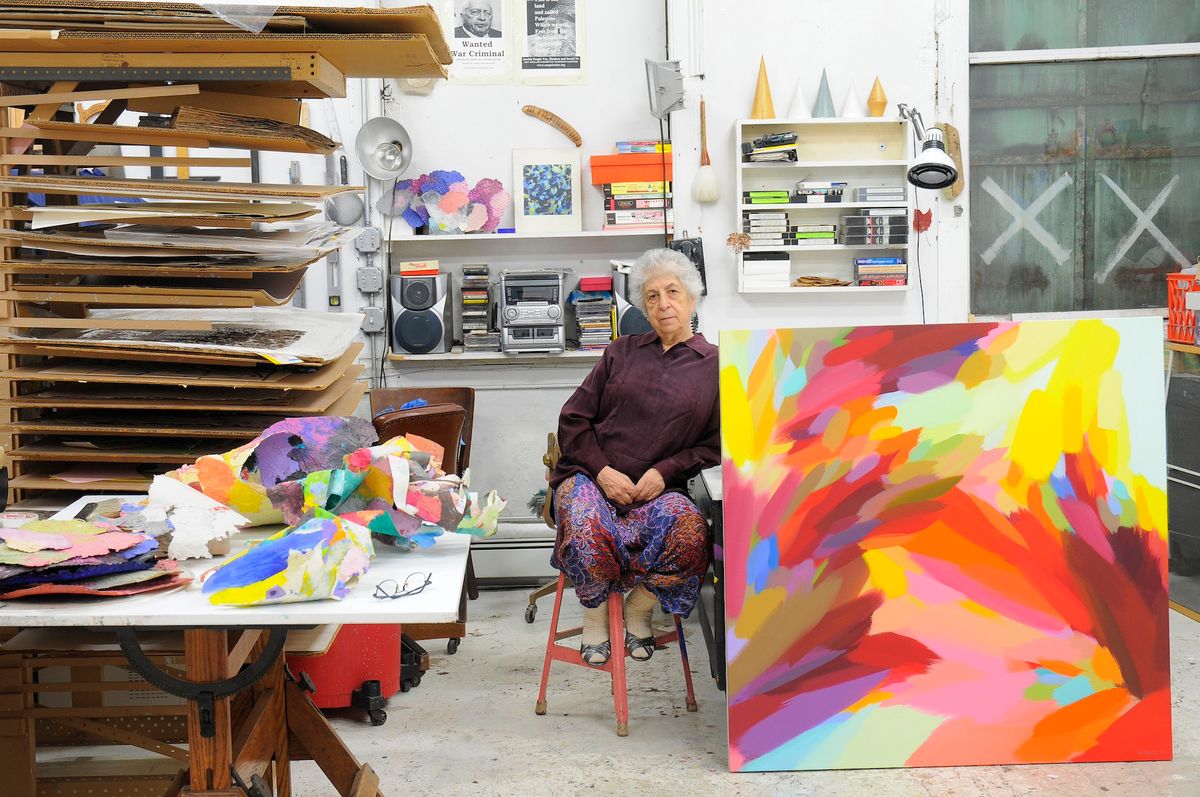Few corners of the art world have not experienced a censorship scandal since the Hamas terror attacks of 7 October 2023 and the ensuing invasion of Gaza by Israeli forces. Artists and curators who are vocal supporters of both Israel and Palestine have seen events cancelled, residency and exhibition offers rescinded, sales and commissions revoked, and more—not to mention harassment online and in person. To track the war’s chilling effect on freedom of expression, the New York-based non-profit National Coalition Against Censorship (NCAC) has created a portal tracking US incidents of artistic censorship stemming from the war.
Currently the tool—which features a list of incidents as well as a map of where they occurred—chronicles 22 such instances of artistic censorship, ranging from the Nevada-based Burning Man festival removing a pro-Palestine artwork from its website earlier this month, the Frick Pittsburgh museum postponing an exhibition of Islamic art last autumn and the Eskenazi Museum of Art cancelling American Palestinian artist Samia Halaby's retrospective, to venues in Arizona and New Mexico cancelling concerts by the staunchly pro-Israel singer Matisyahu.
"Our cultural sphere is at its richest when artists and cultural institutions are able to reflect upon challenging social and political issues of our time,” Elizabeth Larison, the director of NCAC’s arts and culture advocacy programme, said in a statement. “By documenting these instances of art censorship, we hope to inspire greater accountability and dialogue within the artistic community and beyond.”
The portal provides a link to a form where the public can report relevant incidents of censorship. A spokesperson for NCAC says that for each submission, the organisation looks for “at least two validating independent news reports from reliable sources or else validating documents and testimony from credible sources close to the case”.
Per NCAC’s national focus, the portal exclusively catalogues incidents in the US, though censorious episodes have occurred throughout Canada, the UK, Europe and beyond.


